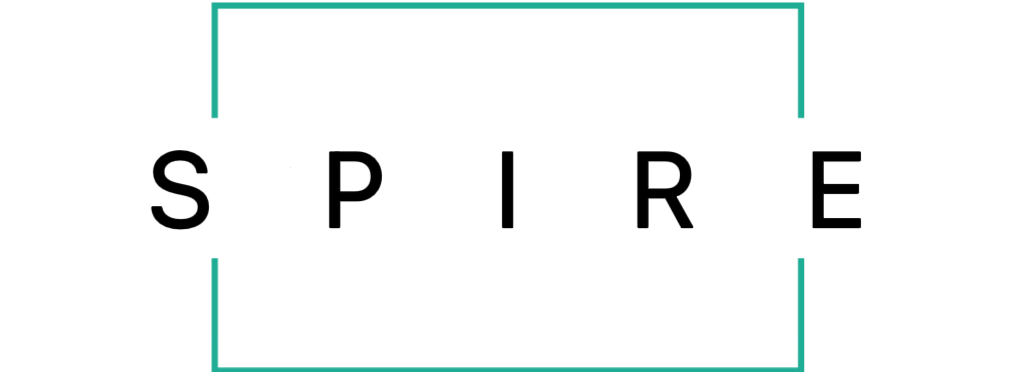
Improving Interpersonal and Social Functioning
Ka Tat Tsang, Ph.D.
June 2017
Most human needs are met through interpersonal and social interaction. People equipped with appropriate interpersonal and social skills are more likely to experience need gratification, goal attainment and fulfillment. Some people who are not as skilled may find the same events threatening, scary, painful, or even traumatic. The inability to enjoy social interactions and to use them to realize other goals such as intimacy, emotional support, or career advancement severely compromises our sense of well-being and quality of life.
The SSLD System was initially created to enhance interpersonal and social functioning. People needing to learn the relevant strategies and skills can benefit from SSLD programs emphasizing experiential learning and real life implementation.
In March 2017, University of Toronto's very first massive open online course (MOOC) was launched on Coursera. The response to The Arts and Science of Relationships: Understanding Human Needs has been immensely positive. The course serves as a platform for learners to connect, and as a foundation to understanding other advanced modules.
In recent years, there have been specific requests for developing special modules that aim to develop and improve personal and social skills such as:
- Dating and intimacy
- Couples counseling
- Use of group dynamics
- Leadership
- Conflict management
SSLD Program for Improving Interpersonal and Social Relationships: Basic Module
SSLD offers a systematic learning experience for individuals having difficulty in interpersonal and social situations. Earlier versions of interpersonal relationship programs have been delivered in the 1970s and 1980s. In April 2007, a basic module was re-designed by Drs. Ka Tat Tsang and Thomas S.F. Li. It is an eight-week program, plus a follow-up booster session one month later.
Session 1: Introduction to SSLD
Session 2: Initiation of Social Contacts
Session 3: Presentation of Self
Session 4: Communication Skills I: Listening and Assessment
Session 5: Communication Skills II: Getting My Point Across
Session 6: Managing a Successful Conversation
Session 7: Achieving My Goals in Social and Interpersonal Contexts
Session 8: Bringing It All Together, and Tying Up The Loose Ends
Follow Up Session (one month later): Review real-life application, reinforce learning
The Program is conducted in a group context, with around 12 members. The Program emphasizes experiential learning, and each member will have the opportunity to review his or her own circumstances and learn the relevant strategies and skills to address his or her own personal needs and goals. The group provides a safe learning environment that respects individual difference, privacy and confidentiality. Members can experiment with new ways of responding to interpersonal and social challenges without worrying about judgment or criticism. A positive learning approach, that includes learning-through-mistake, will allow members to take new steps to break away from long-term debilitating habits.
Activities include role-play, video-recording and review, feedback from other members and group leaders, solution building, strategies and skills development, in-session rehearsal, and action-oriented take-home exercises. The learning process is adjusted to individual pace, and progresses in a systematic, step-by-step manner. The program is continuously revised and updated, and the latest redesign was in 2016 – 2017.
Advanced Modules
More advanced modules focus on specific aspects of interpersonal and social functioning, such as dating and developing intimacy, persuasion, marketing, conflict resolution, responsive-assertiveness, handling guilt-tripping, and so on. There are also SSLD applications designed for specific situations such as couple relationship, parent-child interaction and cross-cultural communication.
Copyright © 2024
